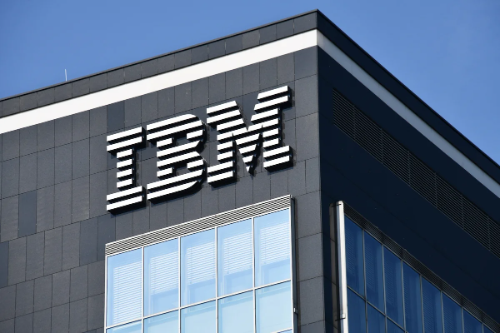IBM Transfers Nigeria and Ghana Operations to MIBB After Exit

TLDR
- IBM is ending direct operations in Nigeria, Ghana, and other African markets
- The move is part of a new operating model set to take effect on April 1, 2025
- MIBB will market and sell IBM’s products and services across 36 African countries
IBM is ending direct operations in Nigeria, Ghana, and other African markets, shifting its regional functions to MIBB, a subsidiary of Midis Group. The move is part of a new operating model set to take effect on April 1, 2025.
MIBB will market and sell IBM’s products and services across 36 African countries, taking over operations, support, and local customer relationships. IBM, which has been in Nigeria for over 50 years, played a key role in sectors like banking, oil, telecom, and government. However, competition from companies like Dell and Huawei has eroded its client base.
Globally, IBM’s consulting revenue fell 2% in 2024 to $5.18 billion, while infrastructure sales declined 8%. Despite this, total revenue grew 1% to $17.55 billion, driven by a 10% rise in software sales. IBM expects at least 5% revenue growth in 2025.
Daba is Africa's leading investment platform for private and public markets. Download here
Key Takeaways
IBM’s exit marks a shift in Africa’s tech sector. While MIBB’s takeover may ensure continuity, local businesses dependent on IBM’s technology face uncertainty. The shift aligns with IBM’s global restructuring efforts, prioritizing software and AI over hardware and direct operations in emerging markets. The move also reflects broader industry trends. Global tech firms are adjusting strategies in Africa, opting for partnerships instead of direct operations. Microsoft and Oracle have followed similar models, focusing on cloud services and regional resellers rather than maintaining direct local offices. For African enterprises, IBM’s shift underscores the need for diversified tech partnerships. Companies that rely on IBM’s infrastructure will have to navigate new vendor relationships. Whether MIBB can maintain IBM’s service standards in the region remains to be seen.

Next Frontier
Stay up to date on major news and events in African markets. Delivered weekly.
Pulse54
UDeep-dives into what’s old and new in Africa’s investment landscape. Delivered twice monthly.
Events
Sign up to stay informed about our regular webinars, product launches, and exhibitions.




